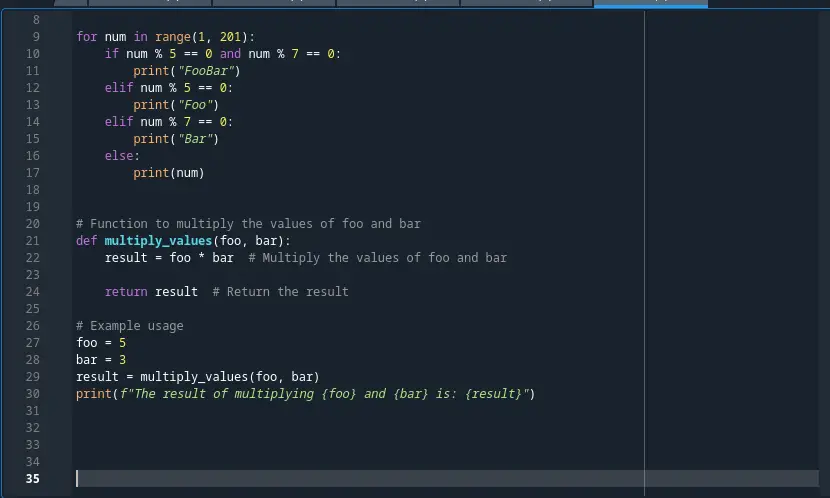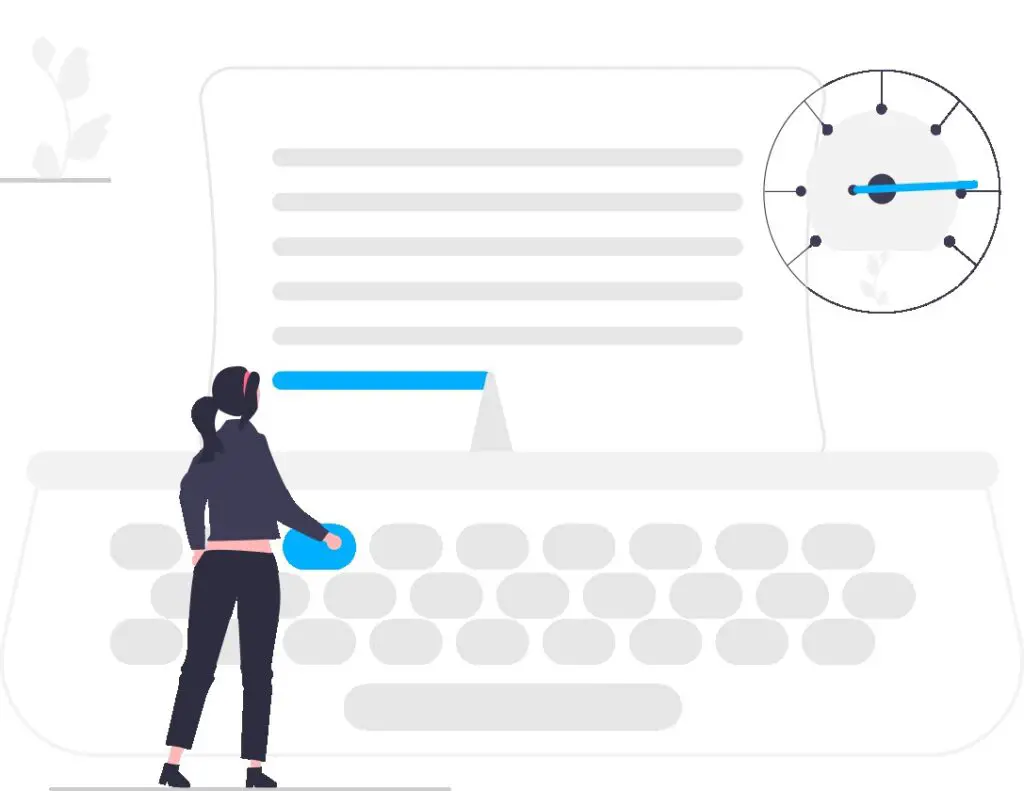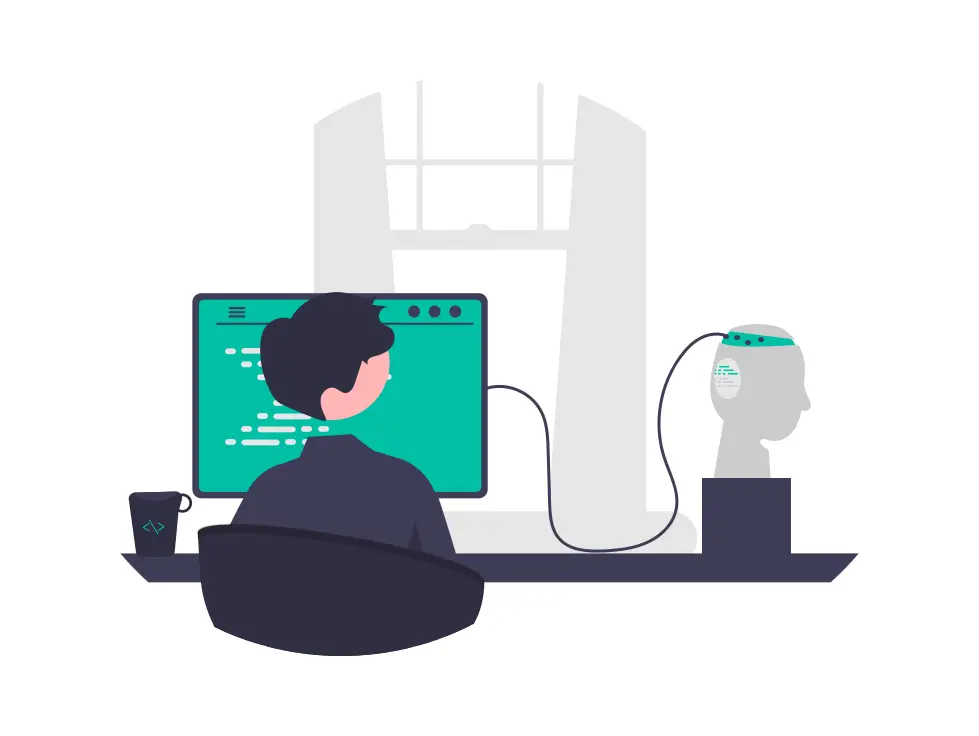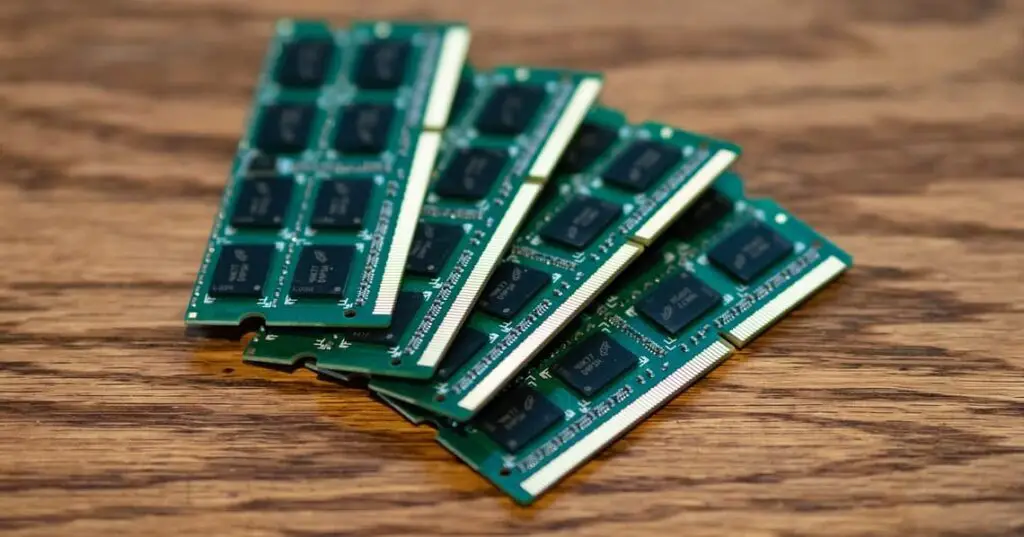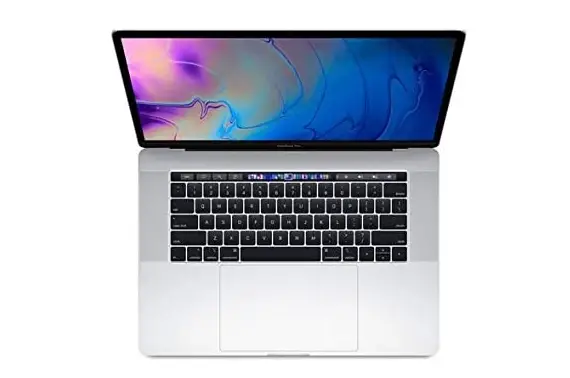The need for a good laptop for coding can vary depending on your specific requirements and the nature of your coding tasks.
While it is possible to code on a low-end or older laptop, having a good laptop can greatly enhance your coding experience and productivity.
When it comes to coding, a good laptop should be able to support your programming needs in terms of processing power, sufficient screen real estate, good ergonomics that support comfortable keyboard and input options, and sufficient storage.
If a laptop satisfies these requirements, it is a perfect choice for programming. It is a powerful laptop that will not disappoint you in your coding sessions.
Do you need a powerful laptop as a programming student?
You need a powerful laptop as a programming student. A high-performance laptop provides the essential foundation for your programming journey, enabling you to satisfy your learning requirements, storage needs, resource-intensive projects, collaboration tasks, and even entertainment or gaming needs.
Let’s look at each requirement and see the reason behind needing a powerful laptop.
1. Learning/Course requirements
To keep up with the rapidly evolving programming landscape, it’s crucial to have a laptop that can accommodate various learning requirements.
From data science and machine learning to web development and mobile app creation, a powerful laptop ensures you can delve into different technologies and curricula without limitations.
2. Storage and RAM requirements
Programming projects often demand ample storage space for datasets, libraries, and development environments.
A powerful laptop with generous storage capacity allows you to store and access large datasets, reducing the need for external storage solutions and enhancing your workflow efficiency.
3. Computer resources required by tasks such as simulation, emulation, and machine learning
3.1 Resource-intensive development e.g machine learning
As a programming student delving into resource-intensive projects like machine learning, simulations, or complex algorithms, a powerful laptop with a robust processor, ample RAM, and a dedicated graphics card becomes indispensable.
These specifications enable faster computations, smoother model training, and seamless execution of resource-hungry code.
The best laptops that fit resource-intensive programming such as machine learning and data science are:
3.2 Medium resource-intensive projects e.g. Mobile app development
For medium resource-intensive tasks like mobile app development or working with frameworks like React Native or Flutter, a powerful laptop ensures swift compilation, seamless testing, and efficient utilization of emulators and virtual devices.
This enhances your productivity and allows for a smooth development experience.
Best laptops that are best suited for medium resource-intensive tasks such as mobile app development are:
- Samsung Galaxy Book 3 Pro
- Lenovo ThinkPad X1 Carbon
- MacBook Pro 13-inch M2
- Microsoft Surface Laptop 4
3.3 Less intensive tasks such as Full Stack web development
Even less resource-intensive tasks, such as full-stack web development, benefit from a powerful laptop.
A capable processor and ample RAM enable faster code execution, smooth server interactions, and efficient handling of multiple development environments, increasing your productivity and enabling seamless task-switching.
Some of the best laptops for web development students are:
4. Collaboration capabilities e.g screen sharing, screen real estate, and extensibility
A powerful laptop enhances your collaboration capabilities, allowing you to engage in activities like screen sharing, video conferences, and multitasking across multiple applications.
It also provides ample screen real estate, ensuring you can work comfortably with multiple windows and monitors.
Additionally, extensibility options, such as Thunderbolt, USB, DVI, and HDMI ports, facilitate easy connection to external devices and accessories, empowering you to collaborate effectively with teammates and mentors.
5. For Entertainment or Gaming purposes
A powerful laptop not only fuels your programming ambitions but also caters to your entertainment or gaming preferences during leisure time.
Whether you unwind with immersive gaming experiences, enjoy multimedia content creation, or explore emerging technologies like virtual reality, a high-performance laptop ensures smooth performance, stunning visuals, and an overall enhanced experience.
Also, good screen real estate for a programming laptop can be the perfect choice when you want to watch movies with friends.
Some of the best laptops that offer programming, entertainment, and gaming experiences for one machine are:
To get a full picture and the specific features that these laptops provide to programming students, check out this guide where I list all the best laptops suited for coding:
In general, here are the
Minimum requirements for a coding laptop
As a programming student, you need a reliable companion that satisfies your thirst for knowledge, enables efficient coding, and empowers you to tackle lab practicals with ease.
Here are the minimum requirements for a coding laptop that not only meets your needs but exceeds your expectations.
From processing power to display real estate, from ergonomics to extensibility, I will cover it all to help you make an informed decision.
Let’s dive in!
1. Aim for at least 8 GB of RAM and 500 GB SSD storage
Efficient coding requires a laptop with ample memory and storage capacity.
Aim for a minimum of 8 GB of RAM, which allows you to smoothly run your development tools and IDEs without any lags.
Additionally, prioritize laptops equipped with 500 GB SSD storage, providing fast data access and reducing load times, ensuring you have ample space to store your projects, libraries, and documentation.
2. Consider enough screen size real estate such as 14-inch or 15-inch displays
To comfortably work on your code and prevent eye strain, consider a laptop with a screen size of at least 14 or 15 inches.
Ample screen real estate allows you to view your code, documentation, and debugging tools simultaneously, enhancing your productivity and reducing the need for constant scrolling.
Coding typically involves working with multiple windows, code editors, and documentation simultaneously.
A laptop with a larger display or the ability to connect to external monitors can provide more screen real estate, allowing you to view and organize your code more effectively.
3. Check for good ergonomics such as typing experience
Coding often involves long hours of typing, so a comfortable and responsive keyboard is crucial.
Look for laptops that offer a satisfying typing experience with well-spaced keys, good key travel, and tactile feedback.
Ergonomics play a vital role in reducing fatigue and ensuring you can code comfortably for extended periods.
4. Consider extensibility with HDMI and USB ports
Versatility is key for a coding laptop.
Check for HDMI and USB ports that allow you to connect to external monitors, projectors, or other peripherals.
This flexibility enables you to expand your workspace and collaborate efficiently, making presentations or sharing code during lab practicals a breeze.
5. Aim for a powerful processor preferably Core i5, i7, and Core i9 or AMD CPUs with Quad Core 3GHz or higher
A robust processor is the engine that drives your coding tasks.
Aim for a laptop with a powerful processor, such as Intel Core i5, i7, or Core i9, or AMD CPUs with Quad Core 3GHz or higher clock speeds.
This ensures swift code compilation, faster program execution, and smoother multitasking, even when working with resource-intensive development environments.
Coding often involves running complex programs, compiling code, and using resource-intensive development tools.
A good laptop with a fast processor, sufficient RAM, and a solid-state drive (SSD) can handle these tasks more efficiently, resulting in faster program execution and reduced waiting times.
6. The laptop should definitely support multitasking
As a coder, you might need to run multiple applications simultaneously, such as an Integrated Development Environment (IDE), a web browser for documentation or research, a terminal for running scripts, and other tools.
A laptop with ample RAM and processing power can handle multitasking without slowing down or freezing.
7. Portability and good battery life
If you work on the go or need to switch between different locations frequently, having a lightweight and portable laptop can be advantageous.
A good laptop with a long battery life can ensure you can code without being tethered to a power outlet for extended periods.
8. Future-proof yourself by investing in a timepiece
Coding is an ever-evolving field, and investing in a laptop that can stand the test of time is a wise decision.
Ensure your chosen laptop has the specifications and capabilities to support future programming advancements, software updates, and emerging technologies.
Investing in a good laptop means you’re likely to have a more powerful and capable machine that can handle upcoming technologies, software updates, and more demanding coding tasks.
It reduces the need for frequent upgrades and ensures your laptop remains suitable for coding for a longer duration.
FAQs
Can we do coding on a cheap laptop?
Coding is possible on a cheap laptop, but a good laptop enhances the coding experience. Cheap laptops may have limited processing power, storage, and screen real estate, potentially impacting performance and productivity. Investing in a capable laptop can improve efficiency, productivity, and future-proof you from changing technologies that may require unique hardware specifications. To get the best laptops for programming, check out this guide: Best laptops for Programming under 1000 dollars
Conclusion
Choosing the right laptop for coding is crucial to ensure a seamless programming experience.
By considering the minimum requirements we’ve discussed, such as sufficient RAM and storage, comfortable ergonomics, extensibility, powerful processors, multitasking capabilities, portability, and future-proofing, you can find a laptop that caters to your programming needs.
Remember, while coding on a cheap laptop is possible, investing in a good laptop will enhance your productivity and make your coding journey more enjoyable.
So, make an informed decision.
Create, inspire, repeat!

